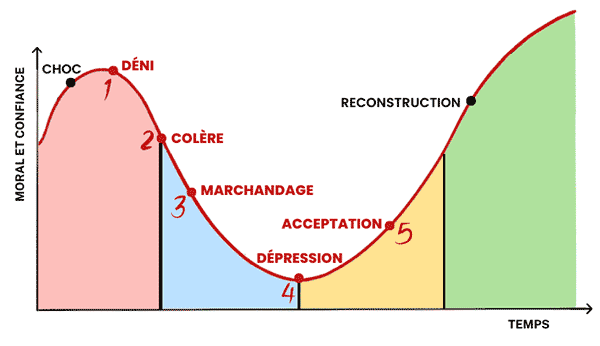
While it is generally recommended to lose weight gradually to avoid regaining everything quickly, a study1 has just shown that this allegation was unfounded. People who lose weight gradually or quickly, regain the same number of pounds after their diet.
This Australian study, conducted between August 2008 and March 2010, was conducted on 204 participants aged 18 to 70 whose goal was to lose 15% of their body weight. In order to achieve this, half adopted a low-calorie diet (450-800 calories / d) for 12 weeks with the goal of losing 1.5 kg per week, while the other half adopted a standard diet. (with a 400-500 calorie deficit) for 12 weeks with a goal of losing 0.5 kg per week. Those who managed to lose at least 12.5% of their body weight were then followed for 144 weeks by a dietitian. The idea was to compare the effectiveness of the two diets in the long term: do we gain more weight after a fast diet rather than a slow diet?
The fast diet more effective in the short term … but not in the long term
The results first show that 50% of people who adopted a standard diet had a weight loss of more than 12.5%, against 81% of people who adopted a low-calorie (fast) diet. The latter, in disagreement with current recommendations, would therefore be more likely to lead to significant weight loss. Nevertheless, the vast majority of participants regained a significant portion of the weight lost: people who adopted a standard diet regained an average of 71.2% of the initial weight, against 70.5% for people who adopted the fast diet.
The speed of weight loss therefore does not affect the rate of weight regained in the long term. Finally, whatever the diet chosen, a return to square one seems inevitable. Further proof of the importance of lifestyle habits (physical activities, food choices) on weight loss and maintaining an optimal healthy weight.
|
Source: Purcell K et al. : The effect of rate of weight loss on long-term weight management: a randomized controlled trial. – Lancet Diabetes Endocrinol. 2014; advanced online publication October 15. doi: 10.1016 / S2213-8587 (14) 70200-1 |














